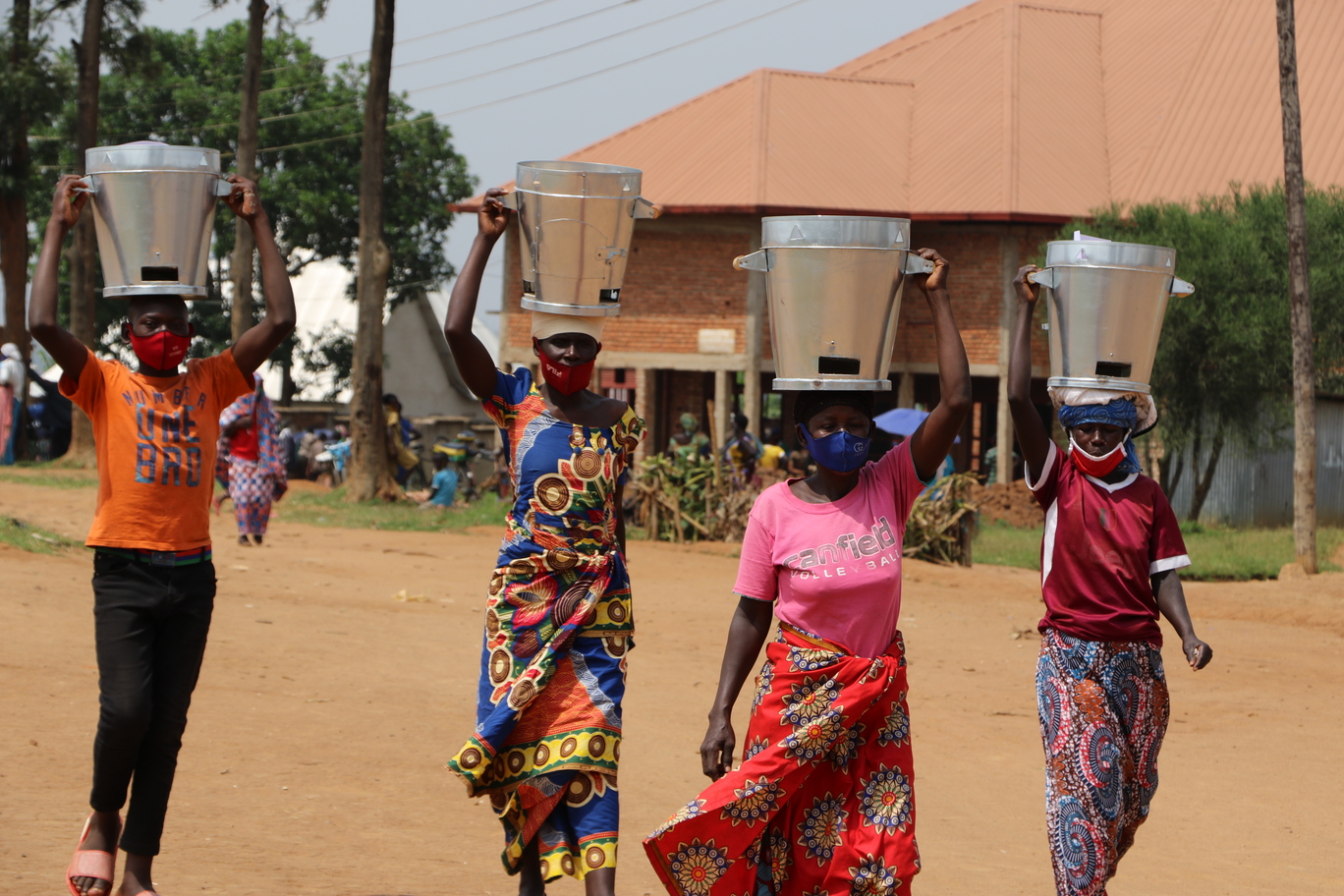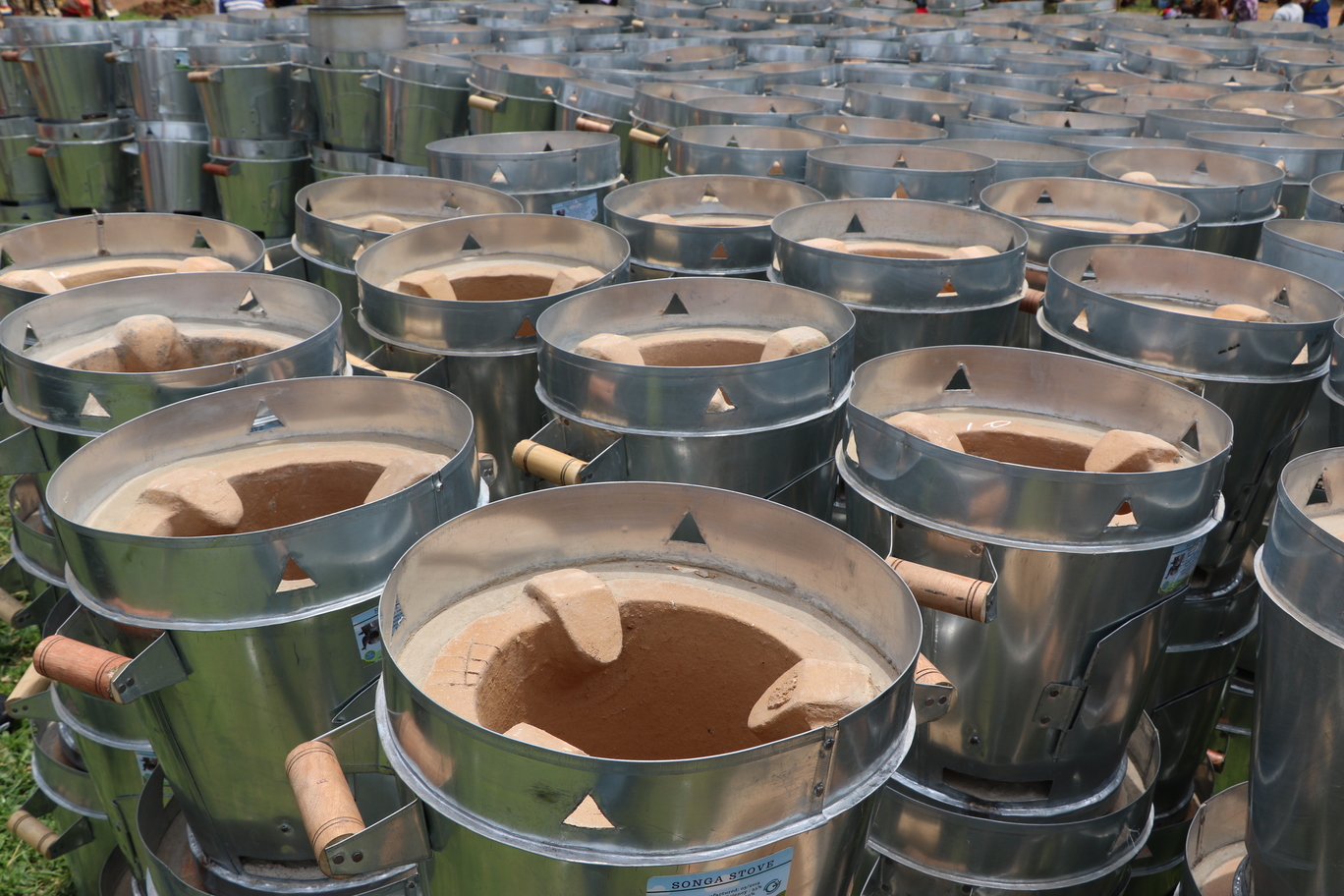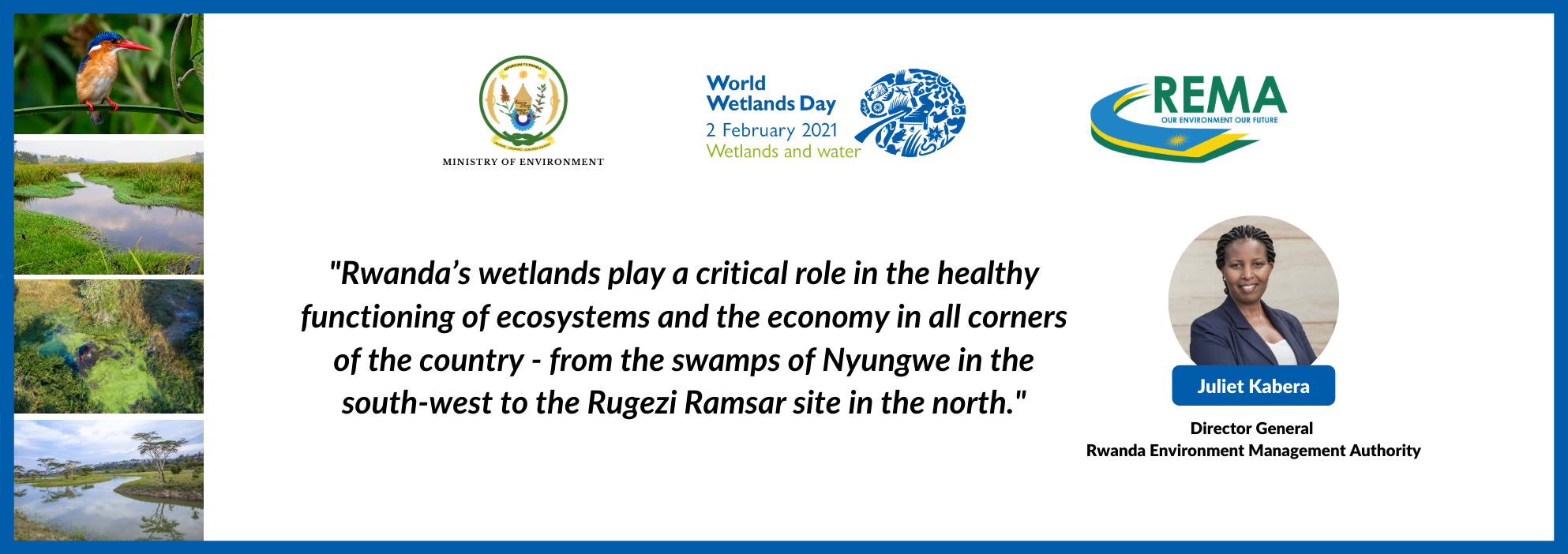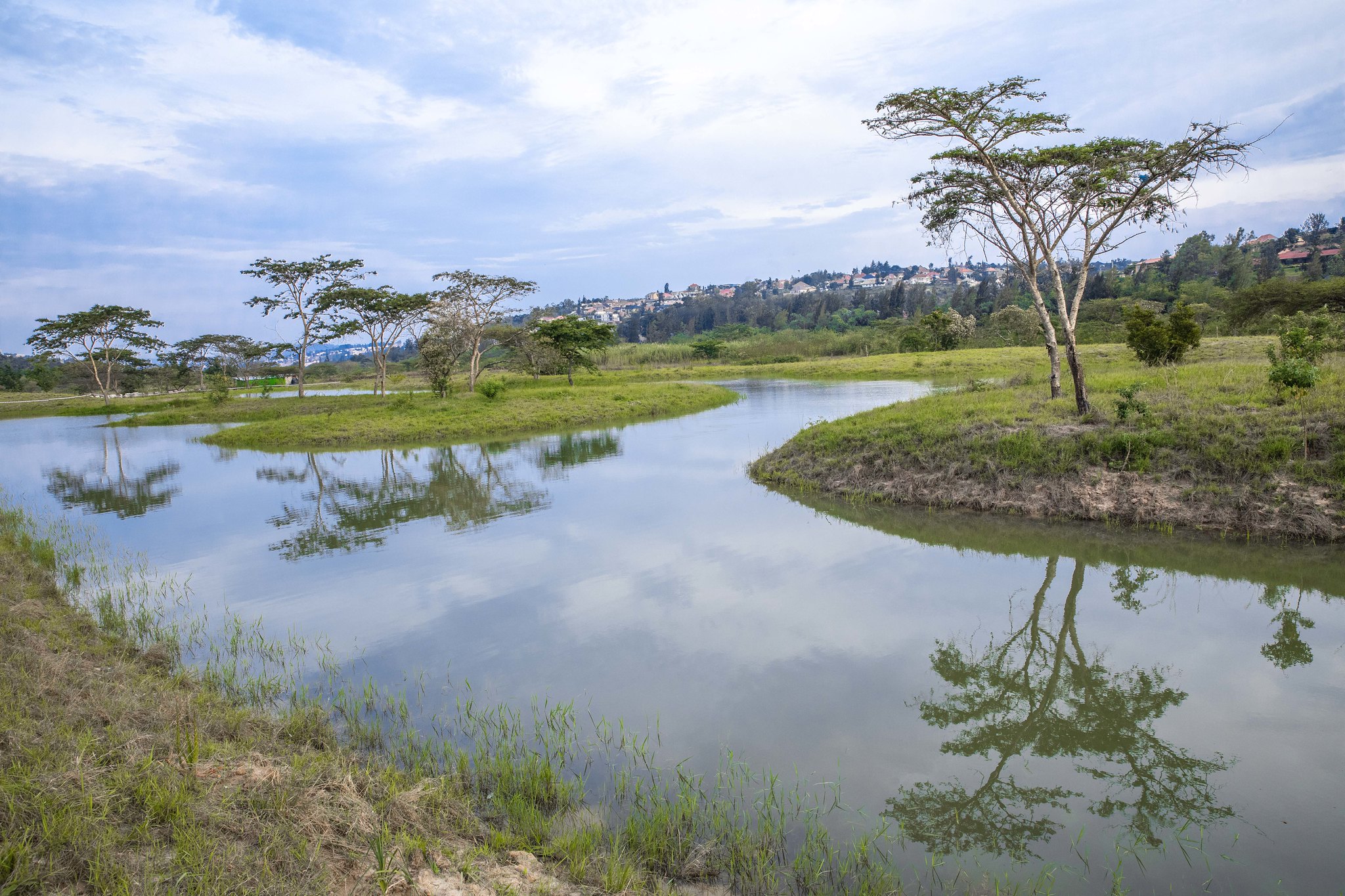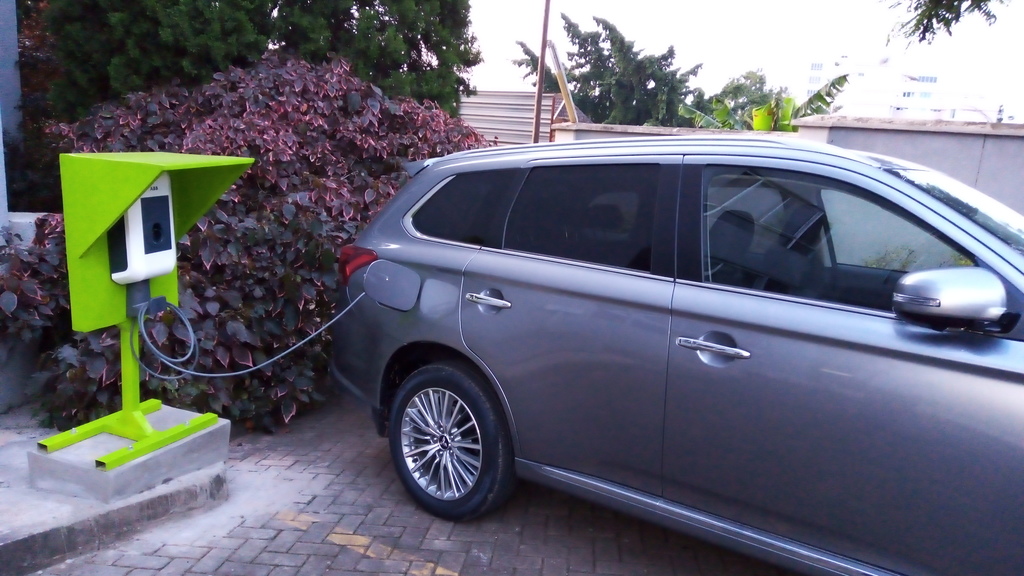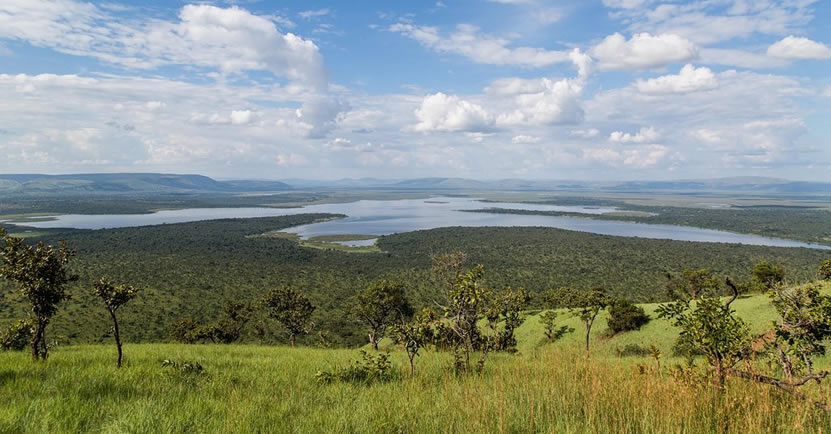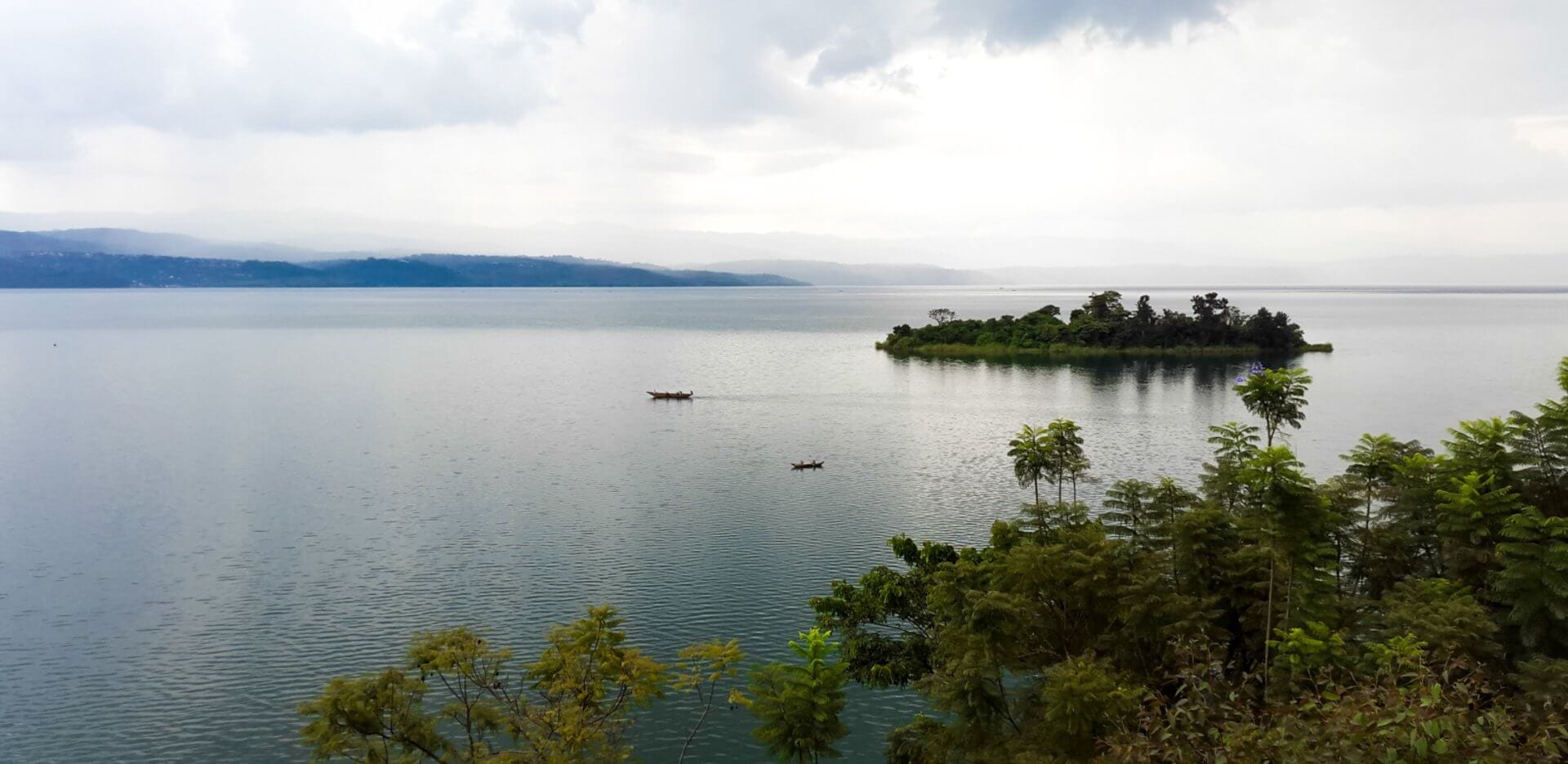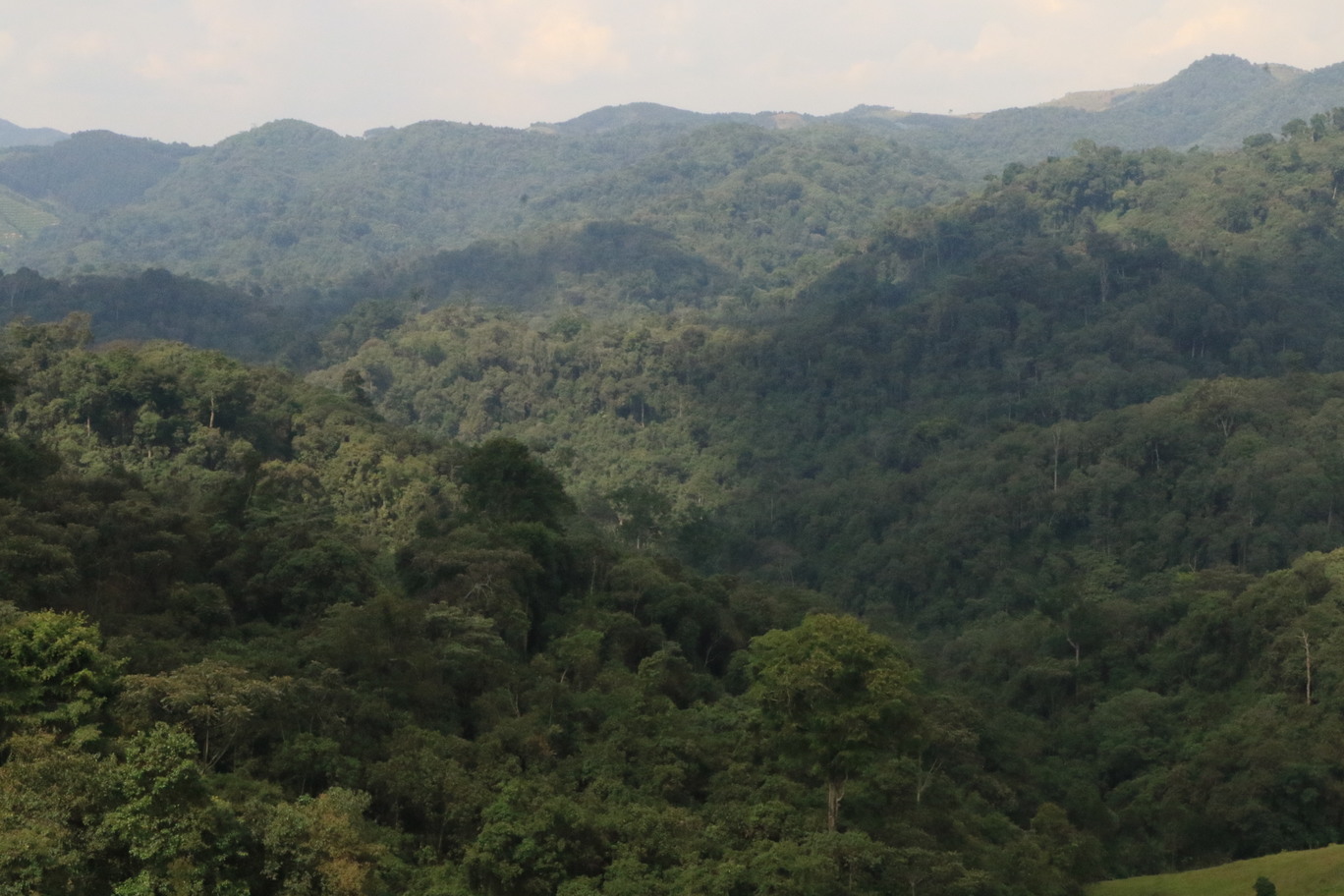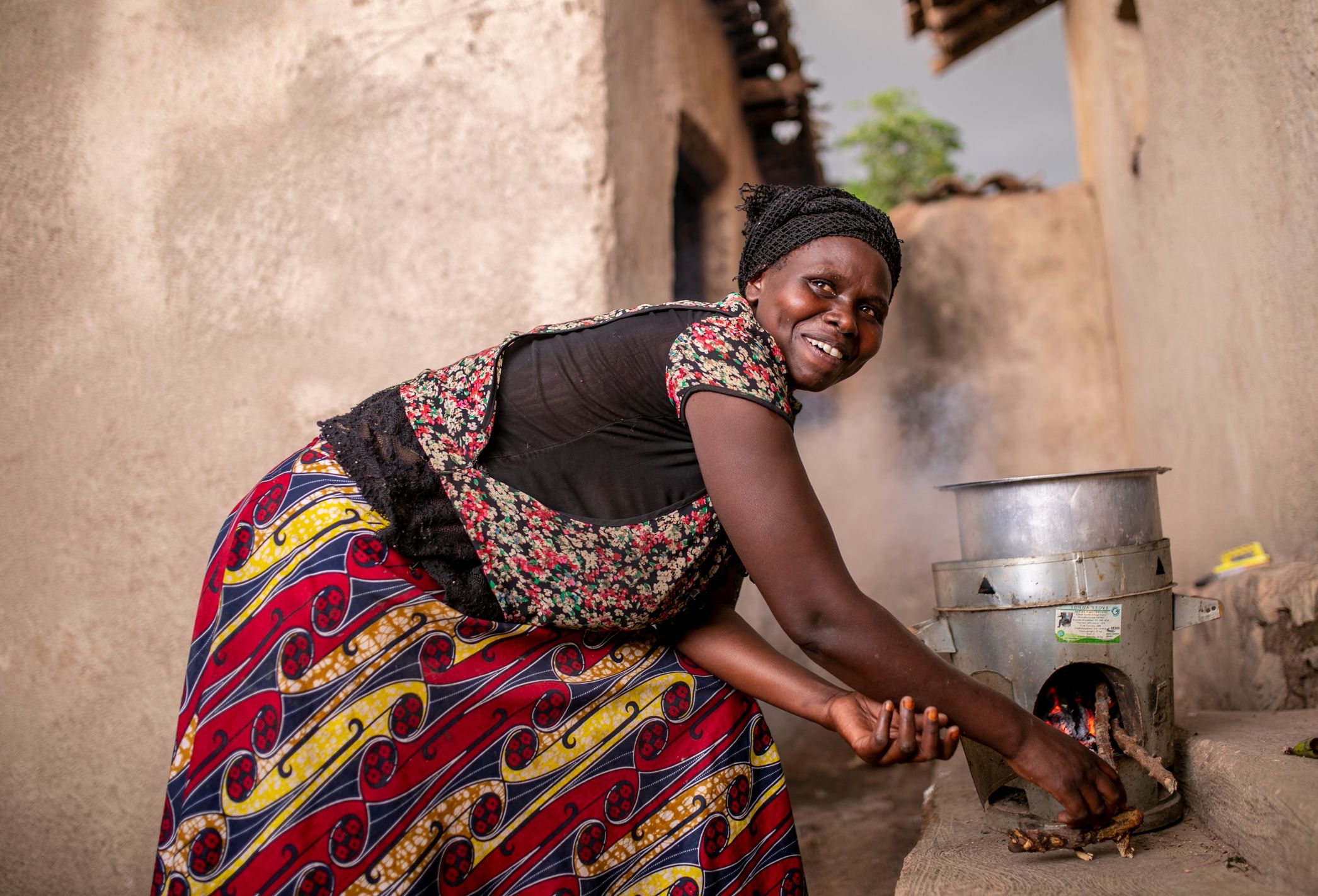
How the Green Amayaga Project is reducing firewood use in Rwanda’s Southern Province
In October 2020, the Rwanda Environment Management Authority in collaboration with the Rwanda Forestry Authority and the districts of Kamonyi, Nyanza, Ruhango and Gisagara, launched a ground-breaking six-year initiative to promote biodiversity, foster ecosystem services, increase agricultural productivity and reduce the vulnerability of people and ecosystems to the adverse effects of climate change in the Southern Province.
Since then, the Green Amayaga Project has run an awareness campaign on the use of safe, effective and clean cooking technologies. The goal is to promote energy efficiency by reducing the use of biomass for household cooking in the region. For many years, the widespread and intensive use of biomass energy in the Amayaga region has had a serious environmental impact, including deforestation.
To address the issue, improved cookstoves have been distributed to project beneficiaries in Kamonyi and Ruhango districts to both improve human health and contribute to mitigating deforestation and climate change. Since February 2021, about 21,000 households have been provided with improved cookstoves in the two districts.
Beneficiaries say that the cookstoves are not only helping them to use less firewood, but also to save money and time to do other income generating activities.
“The cookstoves from the Green Amayaga Project are more efficient than the traditional 3-stone stoves that we were used to. It was hard for us to get enough firewood to cook with because we don’t have many forests in this region. But the new Songa cookstove saves energy. With a single piece of firewood, you can cook your meal because once the cookstove is hot, you don’t need to add any more fuel. Your food is ready in just a few minutes,” said Fortunee Iyakaremye, a farmer from Kamonyi District.
The Songa cookstoves’ thermal efficiency is above 30. They also have fuel saving potential of more than 50% compared to traditional 3-stone stoves, which mitigates deforestation.
Before getting the improved cookstove, Fortunee struggled to concentrate on farming as she had to spend a lot of time collecting firewood. Her neighbours’ children would also often drop out of school to collect firewood, as their parents could not afford to buy firewood.
“Some children even dropped out of school,” she said. “Their parents had little time to earn a living, but now it is possible since we got these cookstoves. We believe that our children will now concentrate on school as they no longer need to spend a lot of time collecting firewood,” Iyakaremye added.
The Green Amayaga Project aims to increase forest cover in the region. In total, 1,000 hectares will be covered with productive forests. In addition, 25,000 hectares of agroforestation including fruit trees will be managed by the project.
According to Philbert Nkurunziza, the Green Amayaga Project Coordinator, reducing firewood use will address deforestation in the region.
“In the districts covered by the project, 60,000 improved cookstoves will be distributed over a period of six years. The cookstoves are expected to avoid about five million tons of greenhouse gases emissions over six years. Over the next 20 years, it is expected that the cookstoves will avoid approximately 15 million tonnes of greenhouse gas emissions,” he said.
Improved cookstoves offer considerable advantages for vulnerable households, such as reduced time and labour gathering firewood, as well as improved health outcomes by reducing exposure to household air pollution.
The Green Amayaga Project is being implemented by the Rwanda Environment Management Authority with funding from the Global Environment Facility (GEF) through the United Nations Development Programme (UNDP). The project intervention areas include Kamonyi, Nyanza, Ruhango and Gisagara districts in Rwanda’s Southern Province.
Learn more about the Green Amayaga Project here
Topics
More posts
Ikigo REMA cyatangiye gutanga Imbabura zirondereza ibicanwa no kugabanya imyuka ihumanye yoherezwa mu kirere
Ikigo cy’igihugu cyo kubungabunga ibidukikije (REMA) kibinyujije mu mushinga wacyo wo gusubiranya igice cy’Amayaga “Forest Landscape Restoration in…
Beneficiaries of REMA’s Green Amayaga Project receive improved cookstoves to promote energy efficiency
Rwanda Environment Management Authority through the Forest Landscape Restoration in the Amayaga Region (Green Amayaga) Project is distributing…
Remarks by Director General Juliet Kabera on the World Wetlands Day
- Minister of Environment
- Representatives of government agencies and our valued partners
- Distinguished ladies and gentlemen
- Friends of the…
Water users encouraged to be water wise on World Wetlands Day
The Ministry of Environment, Rwanda Environment Management Authority and Rwanda Water Resources Board are encouraging all Rwandans, especially the…
Electric Vehicle to Support Rwanda's Environmental Protection Efforts
The Rwanda Environment Management Authority (REMA) has taken delivery of its first ever electric vehicle that will be used to support the…
Imodoka zikoresha amashanyarazi zizafasha muri gahunda ya Leta yo kubungabunga Ibidukikije
Ikigo cy’Igihugu cyo Kubungabunga Ibidukikije (REMA) cyakiriye imodoka yacyo yambere ikoresha amashanyarazi, izagifasha kuzuza inshingano zacyo zo…
Lakeshores and Riverbanks are public property, their use can only be authorized by the Minister in charge of Environment
The Ministry of Environment and the Rwanda Environment Management Authority (REMA) are conducting a campaign aiming at reminding Rwandan residents…
Ubutaka bwo ku nkombe z’ibiyaga n’imigezi ni umutungo rusange wa Leta, ntawemerewe kubukoresha atabiherwe uruhushya na Ministeri y’Ibidukikije
Minisiteri y’ibidukikije n’Ikigo cy’Igihugu cyo Kubungabunga Ibidukikije (REMA) bari gukora ubukangurambaga bugamije kwibutsa Abaturarwanda bose ko…
From ambition to action: Rwanda’s climate resilience plan
On Saturday, December 12, 2020, global leaders are meeting to discuss a problem on many of our minds: climate change. The extraordinary virtual…
